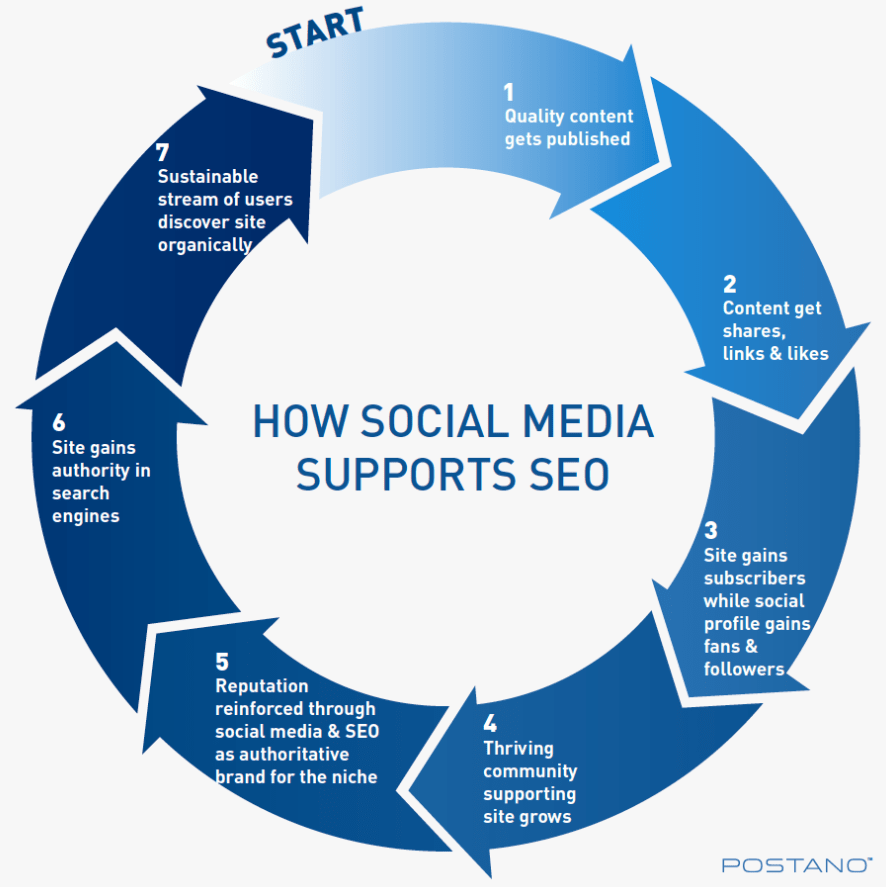Despite being seen as a “black hat” tactic, keyword stuffing (the practice of overloading a page with keywords to manipulate its ranking on search engines) is still used by some brands to boost search visibility. While it may be tempting to stuff, here are a few reasons why it’s better to resist.
Before we get into the reasons why you shouldn’t do it, it’s worth asking the big question – will keyword stuffing actually work for me? The deeply unsatisfying answer is that it will, and it won’t. There are some positive short-term effects (you might get more traffic in the short term) but the traffic you gain is extremely unlikely to be impressed by what they read, which brings us to the reasons why you’re better off just saying no.
1. Reading a keyword-stuffed text is a nightmare
Stuff your content with keywords, and even if you somehow end up on the first page of Google’s search results, nobody who reads your content is likely to come away impressed. Keyword-stuffed texts that are designed to appeal to algorithms tend to naturally repel human readers. Instead of being engaged or intrigued, potential clients who stumble onto such a text will most likely leave as quickly as possible. And because time spent on a site is a ranking metric in itself, drop-offs will negatively affect your results, defeating the whole purpose of crafting content. The machines are rapidly getting more intelligent when it comes to evaluating content, and you won’t stay high in rankings if your content is not the best. That leads us to our next point.
2. Search engines are smarter than you think
Squeezing keywords into your content anywhere they can possibly fit is a dangerous game, and it’s only getting more harrowing. If search engines find your content to be full of keywords and questionable links, it will be penalized by demotion of its rankings, and algorithms are constantly getting better at catching violators. So beyond the fact that keyword stuffing will do nothing to help you rank higher in organic search results, it’ll likely actually hurt your rankings, and could even get you banned from search engines entirely – the exact opposite of what you’re looking to achieve.

3. Your brand’s reputation will suffer
If you were browsing on LinkedIn and saw an obviously keyword-stuffed post, would you share it with your friends and followers? Probably not. You need well-crafted content that stands out and builds brand authority. Excellent content can lead to cyclical brand growth when it’s done right.

If you use what your audience is searching for as a starting point and create content to match instead of forming your content around keywords, the keywords will flow naturally into the content and provide something that readers will find informative and shareable.
A better way
Fortunately, there are alternative approaches to SEO that don’t involve keyword stuffing. Let’s explore a few of the best:
1. Create informative, well written content
Instead of looking for shortcuts and ways to game search engines, devote your energy to creating information-rich, useful content that will actually be useful to people who land on your content. You’ll still want to incorporate relevant keywords, but the key is to incorporate them naturally because they’re truly relevant to what you’re writing about. Genuine and interesting content that focuses on your expertise will earn the attention of your clients and attract organic traffic to your website. Remember – the only way to convince modern search engines that your content is relevant is by convincing actual people that your content is relevant. Write what you’d want to read.
2. Focus on one primary keyword and a few secondary keywords
Every piece of content you write should target a primary keyword that you want to rank for and that matches real people’s search intentions. When you narrow in on one keyword, search engines can better understand what each piece of content is about, which greatly improves your chances of ranking higher in the search engine results pages. It also helps you avoid keyword cannibalization, a phenomenon that happens when two or more of your pages are fighting to rank for the same keyword or keywords. You can also focus on three or four secondary related keywords, which can be variations of the primary keyword, synonyms, or terms just closely related to the topic at hand.
3. Find other ways of optimizing your content
These can be anything from building backlinks to your site from other websites (which shows search engines that other websites trust your content and believe it’s worth sharing) to creating an internal linking strategy that helps users and search engines navigate your site and signals to search engines that your content is important. You will be more successful with one comprehensive piece that addresses all aspects of one topic than many separate pieces that only touch on one keyword each.
You are now armed against the temptation of keyword stuffing and ready to get started on the road to SEO optimization. To find out more (including how to localize your SEO for global markets), don’t hesitate to get in touch with us.
Want to know more?
 Argos Multilingual
1 min. read
Argos Multilingual
1 min. read
Not everything in January has to be freezing, as we discovered when our Founder and Chairman Kimon Fountoukidis took his turn on MultiLingual TV’s new series “C-Suite HotSeat.” The show features hosts from Nimdzi Insights asking a mix of rapid-fire and in-depth questions to find out how key players in the localization industry got to […]

 Argos Multilingual
5 min. read
Argos Multilingual
5 min. read
You’ve reached the point where your business needs to communicate with audiences in multiple countries and languages. It’s time to start putting together a strong and multi-talented team to make sure your localization is efficient and effective. How should you build your localization team? Who should be on it? How will you get those people […]











